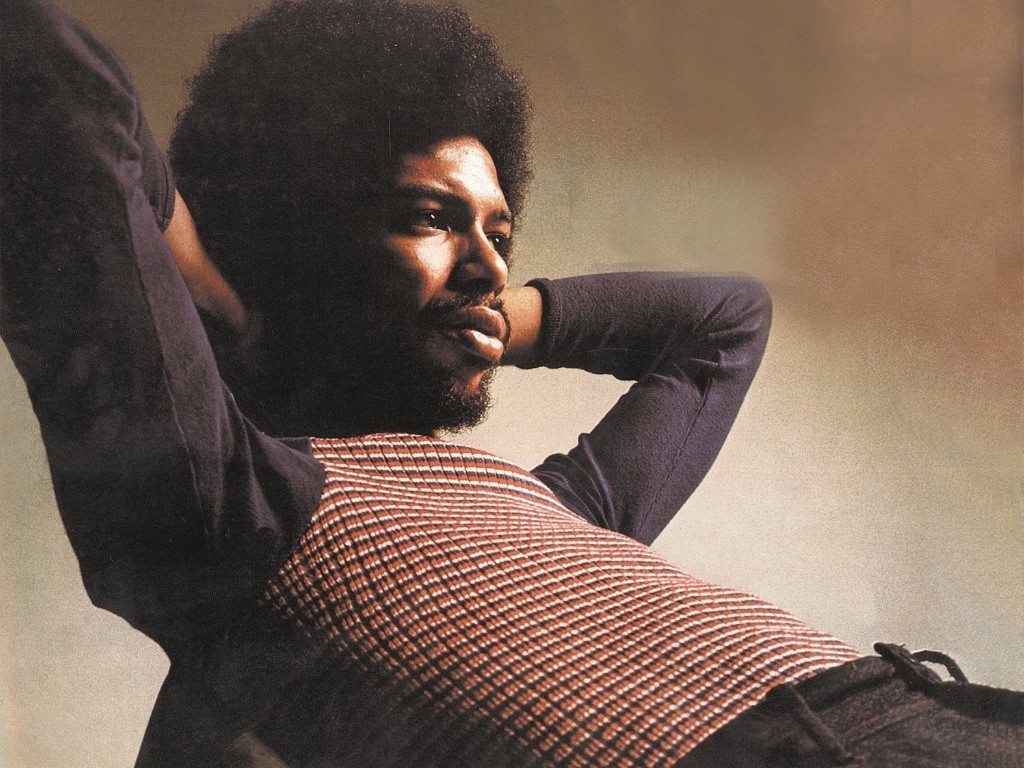Without these 10 tracks, we wouldn’t have hip hop

Without these 10 tracks, we wouldn’t have hip hop
Was the first official hip hop record ‘Rapper’s Delight’ or ‘King Tim III’ by The Fatback Band? For now, let’s leave that debate and look at the tracks that influenced the genre…
Hip hop has become a global entity, spawning countless sub-genres, and engraining itself in pop-culture. Over the years many documentaries have outlined the rise of rap, and recently shows like The Get Down dramatised the ascension of the genre.
Below are the records that we feel laid the foundations for hip hop, whether lyrically or technically.
Glenn Miller – The Lady’s In Love With You (1939)
“Well, I got a new gal that’s a real killer diller / But I’m not so sure that she goes with Mr. Miller”
‘Rap’ before anyone who rapped were even a twinkle in their daddy’s eyes.
Hip hop culture didn’t retain much else from musicians like Glenn Miller, but it’s interesting to see the beginning of ‘rap lyricism’ this far back.
Chuck Berry – Too Much Monkey Business (1956)
Released on Chess Records in the mid-50s, ‘Too Much Monkey Business’ is often overlooked as a big influence on hip hop.
Some articles suggest ‘Subterranean Homesick Blues’ by Bob Dylan played a key part in influencing the lyricism of hip hop, but that track was heavily shaped by Chuck Berry.
‘Too Much Monkey Business’ is a rap song, pure and simple.
Pigmeat Markham – Here Comes The Judge (1968)
While originally released as a comedy record, ‘Here Comes The Judge’ is now widely considered the first ‘rap’ track ever released.
While Pigmeat himself didn’t know the foundations he was laying, the track has many elements that MCs in the 80s and 90s adopted and transformed into hip hop we know today. We might not have ‘skit’ tracks on albums without Pigmeat Markham’s comedy music.
Like ‘Too Much Monkey Business’, it was released on Chess Records. Listen below.
Gil Scott Heron – The Revolution Will Not Be Televised (1971)
It was Gil who truly put the magnifying glass onto urban problems in America, and because of his dynamic delivery, and clever writing, many consider him something of a pioneer for what would eventually become known as ‘hip hop’.
He was also massively influenced by The Last Poets, who are mentioned below. Listen to ‘The Revolution Will Not Be Televised’ below which has been sampled by Jay Electronica, Masta Ace, Common, and dozens more.
Curtis Mayfield – Pusherman (1972)
Smooth, cool and dangerous, that’s the impression the great Curtis Mayfield gives off on ‘Pusherman’. These traits became the defining facets of the modern rapper. This record is a story of a drug dealer, “a victim of ghetto demands”.
Fun fact about the album this song comes from: it’s one of the few albums ever released that made more money than the film it soundtracks, Superfly.
The Last Poets – Before the White Man Came (1972)
The Last Poets are renowned for their influence on rap music, with their abrasive approach to highlighting African-American issues.
Hip hop was built on this idea, trying to combat oppression, or at least highlight the problems black Americans faced to the rest of the population.
Listen to the politically charged, ‘Before The White Man Came’ below.
Led Zeppelin – The Crunge (1973)
Zeppelin are known as a band that drew influence from many black artists over the years, especially blues men like Robert Johnston. And although there are obvious funk influences in ‘The Crunge’, it’s a classic hip hop beat-maker’s dream.
Just listen to that percussion at the start. Listen to Jurassic 5 sample the track here.
Incredible Bongo Band – Apache (1973)
Incredible Bongo Band weren’t the first to use the music of ‘Apache’, but it was their interpretation that many hip hop artists since the early 70s would use in their tracks.
Originally by The Shadows in 1960, the music has since been used by Nas, The Roots, and probably most famously in ‘Apache (Jump on It)‘ by Sugar Hill Gang.
Kraftwerk – Trans Europe Express (1977)
‘Trans Europe Express’ has been sampled by numerous hip hop artists over the years, including Dr Dre, Busta Rhymes, and loads more. But the most famous, and perhaps as influential in its own right, is Afrika Bambaataa’s work.
The early days of hip hop didn’t know what hit it when ‘Planet Rock‘ was released.
Muhammad Ali
Ok, it’s not a record, but many hip hop artists admit the big influence Ali had on the genre. During his prime in the 60s, his sharp wit, endearing cockiness and flowing rhymes set something of a benchmark for MCs.
